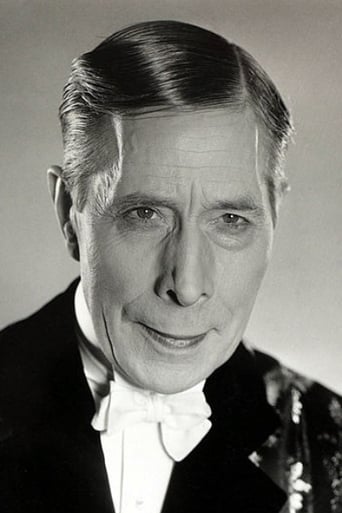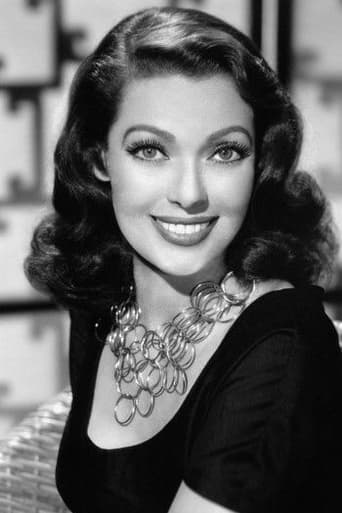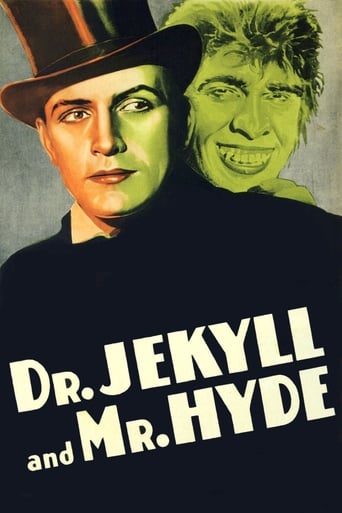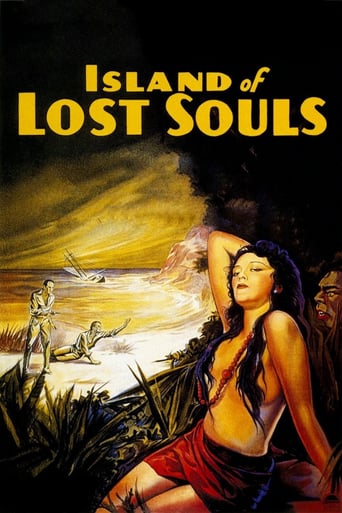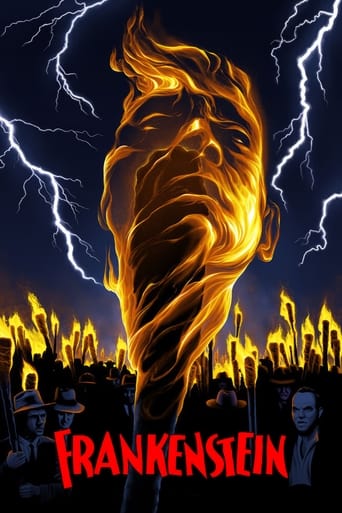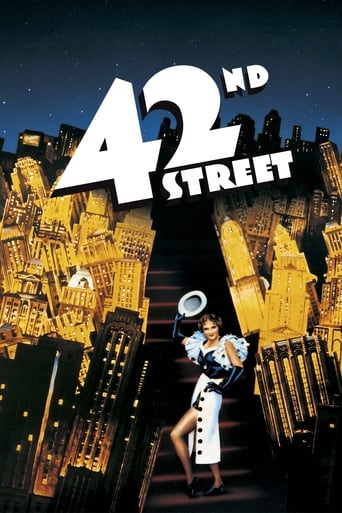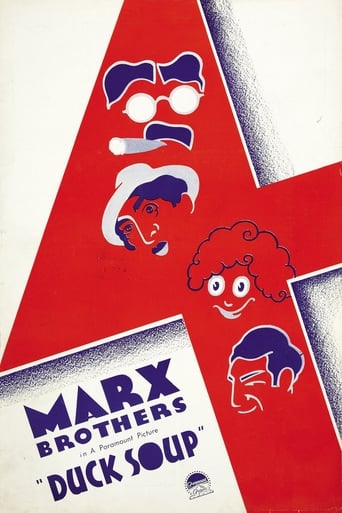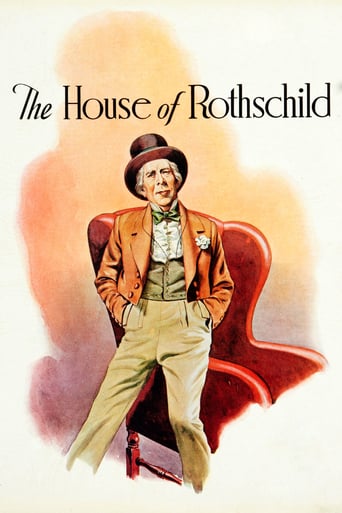
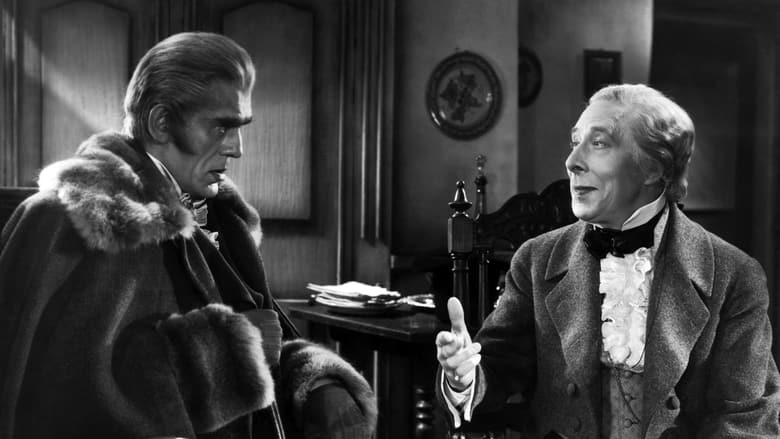
The House of Rothschild (1934)
The story of the rise of the Rothschild financial empire founded by Mayer Rothschild and continued by his five sons. From humble beginnings the business grows and helps to finance the war against Napoleon, but it's not always easy, especially because of the prejudices against Jews.
Watch Trailer
Cast
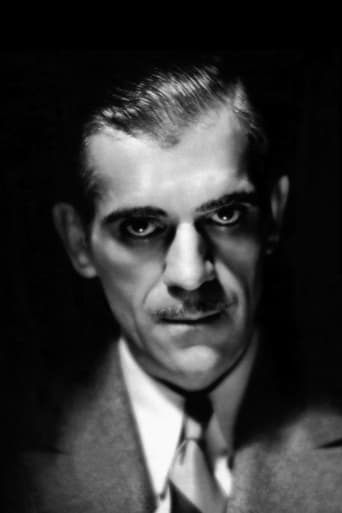


Similar titles
Reviews
The House of Rothschild was nominated for Best Picture in 1934 and although I would love to see this movie completely restored. In this movie, George Arliss takes on the roles of both the elder Rothchild, Mayer Amschel Rothchild (in the 1780 Frankfort Prussian "Jew Street" ghetto) and his son, Nathan. Nathan succeeds him (in London) as the leader of the Rothchild family. The family would place themselves throughout the great European cities at that time and always act as a group whenever they made large financial decisions. In spite of widespread anti-Semitism and pograms throughout Europe, the Rothchilds became a powerful financial empire, able to overcome other larger banks and financial institutions. They did this through their cohesiveness and lines of communication during the Napoleonic Wars. Even when other banks were predicting Wellington's defeat and the collapse of England, the House of Rothchild remained true to England, the allies. and freedom. The story contains a subplot of Nathan Rothchild's daughter, Julie (Loretta Young), falling in love with one of Wellington's officers, Capt. Fitzroy (Robert Young). The problem with this film is that it contained some scenes that the Nazis could later take out of context, place a negative spin on, and use to make their case against the Jews. The opening scenes of Mayer Amschel Rothchild hiding his money from the tax collector and then pleading poverty probably just played right into Hitler's hands to show his audience the "tricky money-grabbing Jew bleeding the country dry." So, the Nazis DID use scenes from it to make such Nazi propaganda films as Der ewige Jude (1940) and Die Rothschilds (1940).
Before Paul Muni was doing biographical films at Warner Brothers, George Arliss was doing them before. Arliss a veteran of the British theater was one of the first to recognize the importance of film in preserving the actor's art. He did even more silent films than sound which took advantage of his magnificent speaking voice and perfect English diction. His acting today is considered hammy by many, but for me I like the idea of being able to understand every enunciated word.In The House Of Rothschild Arliss plays the dual role of patriarch Meyer Rothschild and later Nathan, one of the five sons whom he dispatched to various European capitals to establish the family banking business. This was in the 1780s-90s. By 1814 the House is well established throughout Europe and even when countries are at war, The House Of Rothschild acts as a unit. Though the Paris branch has to be a bit discreet with Napoleon Bonaparte making war on all the rest of the places the brothers have set up shop.The money lender is never a popular figure. It's the reason why when Jews were forbidden to own land and frozen out of certain businesses and trades, they were allowed to be bankers. That way it was a double whammy in unpopularity for them.The House Of Rothschild even with Napoleon making entreaties to the Jewish people backs the Allied cause to the hilt. It wins the gratitude of someone no less than the Duke of Wellington played by Sir C. Aubrey Smith. But Prussian banker Ledranz played by Boris Karloff makes no secret of his anti-Semitism. Quite a daring piece for 1934 as Hitler was starting his war on the Jews and few were speaking out.Florence Arliss the real life wife of George Arliss plays his wife Hannah in his Nathan persona. But Helen Westley is mother Rothschild and she gives a lively performance. It is she whom you will remember best from this film after George Arliss.Robert Young and Loretta Young play a Wellington aide and a Rothschild daughter who fall in love and are the secondary romantic plot in this film. But it's Arliss's portrayal of the shrewd and intrepid Nathan Rothschild and the story of the fortune that is the heart of the film. And it is a big heart in every sense of the word.
The movie tells the story of the beginnings of the Rotschild empire ,at a time (1934) when the Jews were about to suffer as never.The pogroms were a sinister omen of the Crystal Night which would happen in Germany and in Austria in 1938.And the worst was to follow as everybody knows.I did not like the very beginning of the movie,which shows the Jews with the traditional spate of clichés.But further acquaintance with the old man shows this: he has realized that only money can bring him power and dignity and thus help his people.There is something biblical (Old Testament) when the patriarch sends his five sons to set up banks all over Europa (the score over the cast and credits includes snatches of "La Marseillaise" "Das Lied Der Deutschen" and "God save the king" ). George Arliss outclasses all the other actors ,even Boris Karloff ,in his portrayal of Nathan Rotschild,a noble gent ,probably too good and too generous to be true.Napoleon works behind the scenes ,although he plays a prominent part in the screenplay.The two Young (Robert and Loretta) supply the love interest in the Romeo (Christian or gentile) and Juliet (Jew) mold.Dazzling finale in color ,which is quite a surprise for a 1934 movie!
HOUSE OF ROTHSCHILD concentrates on anti-Semitism, and the struggle of the Jews to get equality and recognition from their Gentile neighbors. It's presentation of the problem is simplistic, but given the time that this film was produced it was amazing that any attempt was made to attack anti-Semitism at all. In 1934 Adolph Hitler was Chancellor of Germany one year already. Strong anti-Semitic strains were felt all over Europe and the U.S. - in fact in most of the world. It took some courage to make any jab at it, and producer Darryl Zanuck (a non-Jewish Hollywood film studio head - a rarity) had plenty of that. He would repeat this in fourteen years producing GENTLEMAN'S AGREEMENT.George Arliss first plays the head of the famous banking family, Mayer Amschel Rothschild. A stereotypical Jewish money lender, he dies of a stroke after confronting the bullying, greedy tax men. Before he dies he tells his five sons two things: 1) The gentiles have prevented the Jews from competing in the regular professions leaving them in the role of money lenders. But the gentiles have thus put money into the hands of the Jews as an only weapon. So it should be used to force the gentiles to emancipate the Jews from their awful ghettos.2) The boys should establish an international bank in London, Paris, Vienna, Frankfort, and Naples. They would be in a good position to build a mighty economic weapon to use against the Jews' foes, so that (as Mayer says) the Jews can live with dignity.For most of the picture Arliss plays Nathan Rothschild, who is lucky enough to be set up in London. The five branch bank soon is one of the great financial institutions of the world. Nathan has managed to support the British Government and it's allies in the wars against Napoleon. But after Napoleon is sent to Elba the British and their allies (led by the German, Count Ledranz) are freezing the Rothschilds out of a major bond issue. Nathan realizes that this is due to the anti-Semitic Ledranz, and uses his position at the stock exchange to bear down on the bond issue, threatening to ruin the men who are pushing the issue. Hastily calling a meeting, Lord Baring (Arthur Byron) prevails on the aristocrats to let Rothschild in for a share of the bond issue. Ledranz does it with ill-feeling, warning Nathan that this is not the end of the matter.Shortly afterward there are pogroms all over central Europe. As Ledranz (Boris Karloff, in a splendidly evil performance without) puts it,"The House of Rothschild - The House with the Red Shield: I'll make it RED!" There is little Nathan can do about this. But shortly afterward Napoleon escapes from Elba, throwing the alliance (especially Ledranz) off balance. They need Nathan to stabilize the stock exchange, or the Little Corsican will win an easy victory against them. And (although they don't know this) Napoleon has already reached out to Nathan with a counter-proposition: help him and Jewish Emancipation is assured.That Nathan throws his support to the alliance is no real surprise. He feels that if he supports Napoleon the image of the Jews suffers with the bulk of the Gentiles - they traffic in human lives and blood. But he does save the stock exchange, and he ends having proved that the Jews can be as good citizens as their Gentile counterparts.How true is the story? Well I recommend Frederic Morton's classic book THE ROTHSCHILDS to get the accurate story. Mayer Rothschild was the financial agent of the Prince of Hesse-Cassel. The money made from the renting of Hessian troops was shepherded by Mayer into a vast fortune, and he got a commission. It staked out (and trained) his five sons, who did make their private bank the biggest in the world.The French Revolution had announced that the Jews were equals of the Gentiles (the bill ending French legal discrimination against the Jews was presented by Maximillian Robespierre!). Napoleon reestablished it, and (in 1807) called the first meeting of the Jewish Sanhedrin since 70 A.D. Whether he did this for publicity or he meant it is still debated. The spread of the reform by the Revolutionary and Napoleonic armies achieved was hurt by the reaction in Europe after Napoleon's final defeat in 1815.Ledranz is a splendid villain (and a German one, for all that). But he appears to be based on Prince Claus Von Metternich, the Chancellor of the Austrian Empire. In fact, although he probably had some social anti-Semitism, Von Metternich was quite friendly to the Rothschilds, and he figured out a way of allowing them to be ennobled in Austria and in the German states. The film does seem a little simplistic. There is no reference to the blood libel as such, or to the blame Christianity placed on the Jews for the death of Jesus. And to make a case that economic muscle alone would change people's minds was silly and short sighted. It could equally awaken jealousy and hatred for a successful people. But that it was advanced at all in 1934, and that the film was an attempt to confront a hideous, growing problem, was deserving of praise. Ironically it was too little, too late. Goebbels would produce an anti-Semitic film called THE ROTHSCHILDS during World War II, and his pet director Veidt Hartmann would direct THE ETERNAL JEW (where Jews were compared to rats, and scenes from HOUSE OF ROTHSCHILD appear to have been cut in). Hartmann would also direct JUD SUSS, regarding another Jewish financier of an earlier period, who was hung for "crimes" - of course, Hartmann insisted he Jud Suss Oppenheimer was guilty of those crimes. So, for all the good intentions of Zanuck and Arliss and the others, history had a dreadful commentary awaiting in the wings.


